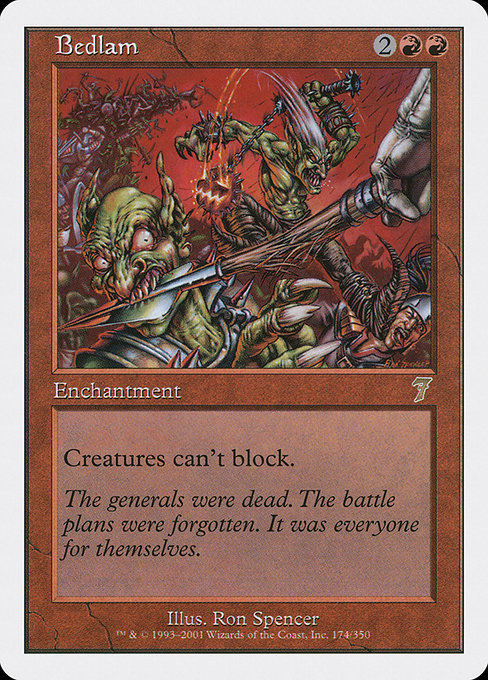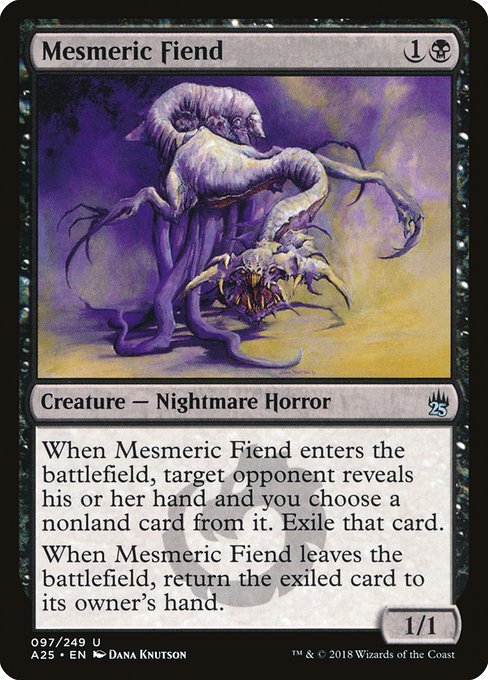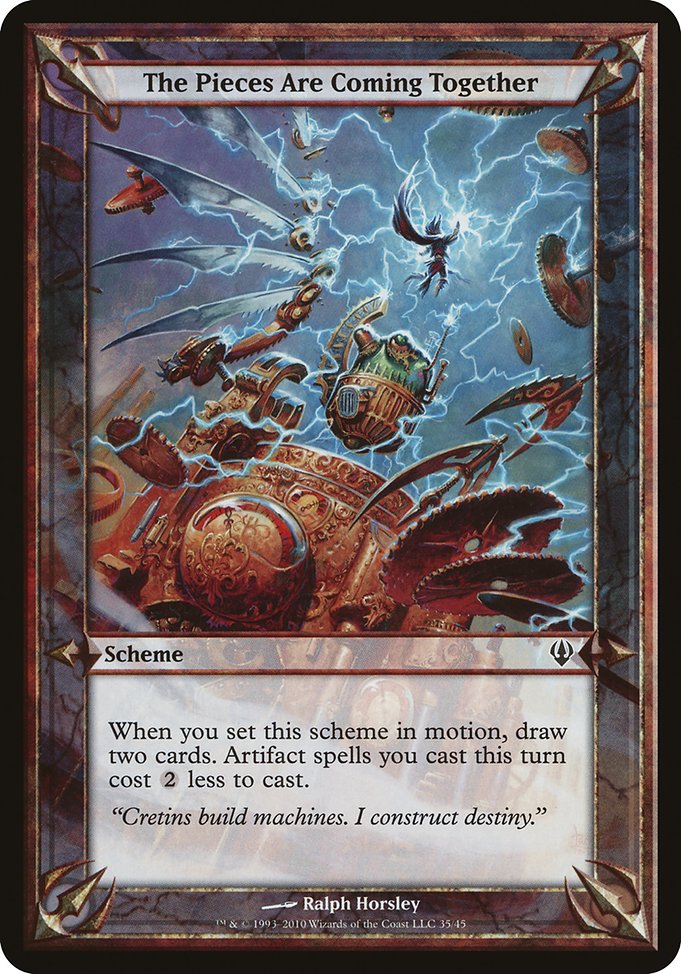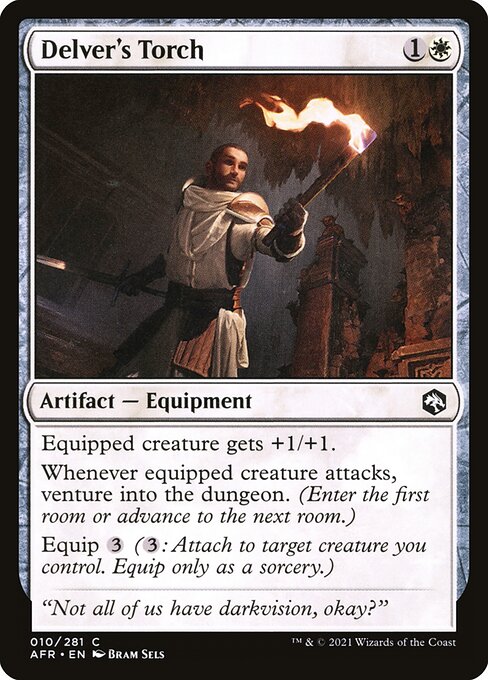Any work of speculative fiction is going to run into the issue of anachronistic language—or, even worse, the issue of apparent anachronistic language that’s paradoxically historically accurate. The pop sociology shorthand for this issue is “The Tiffany Effect.” “Tiffany” is a name we associate, coming from our shared culture(s), with blue boxes and neon highlights, Audrey Hepburn and “I Think We’re Alone Now.” It’s a terribly 20th century name. But the name Tiffany comes from the Anglo-French name “Theophania,” or “epiphany from/of God,” and was spelled “Tiffany” by the early 17th century. It’s entirely possible, even believable, for a novel set in 1650 to have a protagonist named Tiffany, but if you drop that on an editor’s desk, most of them will have concerns about the apparent anachronism.
The point of art is not to be as friction-free as possible; that’s an issue for product engineers. Name your protagonist Tiffany and let the reader do their research. Have a character in Ulysses “twang” dental floss “between two and two of his resonant unwashed teeth.” Hell, let Macbeth call down cannon fire, despite cannons being some 250 years off from the European battlefield. At worst, an anachronism disrupts your audience’s sense of immersion; at best, you can praise your audience for having enough knowledge to catch it.
There’s plenty of friction in Magic as the real world intrudes, but there’s always been that friction. For decades, we’ve been able to steal artifacts with Aladdin, or feed infinite mana into a Rocket Launcher, or steal cards out of our opponents’ decks with Mike Long (Rootwater Thief). Cal’s magisterial overview of these points of friction lays out the issue more comprehensively and thoughtfully, but suffice to say: they’ve always been here and they’re not going anywhere. You can pull up a chair to a pod running Sonic the Hedgehog versus Hugh Grant in the D&D movie versus Optimus Prime versus Spongebob, so a trilby or a rocket-car makes about as much sense. Still, there are certain words and concepts that have made their way to Magic from Europe and America that most audiences don’t even realize are anachronistic or etymologically suspect, and it’s fun to listen to that dissonance in the same way it’s fun to listen to Lingua Ignota or Moondog.
Please note that none of this is meant as a slight against Wizards’ creative team. I would rather have a minorly-distracting term whose etymology I know is earthbound than a clumsy term with an exogenous etymology. The point of all forms of communication, and Magic is a form of communication, is to be understood, and it’s much easier and better to use common shorthand, even if it’s slightly off-model, than to force your audience to meet you more than halfway.

Bedlam
Meaning “complete and total chaos,” “bedlam” is a dialectical corruption of “Bethlehem.” In the 13th century, Saint Mary of Bethlehem was founded as a priory in London, before becoming a Church-run asylum for the mentally ill in the 15th century. Under Henry VIII, all Catholic monasteries, convents, and priories were expropriated by the Crown, and Saint Mary of Bethlehem was converted into a publicly run asylum (it still functions as a mental hospital to this day under the name Bethlem Royal Hospital). Over the decades and centuries, “Bethlehem” became “bedlam,” and became a shorthand for the tumult and torment of a mental institution when they were basically abusive prisons instead of care facilities. St. Mary of Bethlehem was, at one point, a tourist destination in London, where visitors could pay a pittance to observe the inmates—a shockingly inhumane practice that helped spread the word “bedlam” as social vocabulary.
In Magic, bedlam shows up in Urza’s Saga’s Bedlam, which is the simplest version of the concept: chaos. In Innistrad, it’s a little more resonant with the original meaning, as the plane is one of the more likely candidates for a cruel asylum (c.f. Geier Reach Sanitarium). Bedlam Reveler may well be named that because he creates bedlam wherever he goes, but with the Madness theme of Eldritch Moon and his mechanic, which suggests losing your sanity to gain further knowledge, it’s resonant with the historical Bedlam, as well.

Mesmeric
Conceptually, mesmerism is a fine, Magical concept, and it sounds Old World enough that it plays well in Magic’s fantasy space, but the word itself derives from one individual: Franz Mesmer, a German astronomer, physician, and arts patron. A real Enlightenment guy, Mesmer rubbed elbows with Mozart, venerated Newton, and posited the pseudoscience of animal magnetism, a belief in an invisible force that could be manipulated through touch to cure disease and mental illness. This quackery was, in practice, renamed after its originator and, through the usual concept creep, became closer to hypnotism, a term to which “mesmerism” is now often synonymous. While Magic often uses “hypnosis” or “hypnotic,” the word has become more resonant with Las Vegas stage acts and office job teambuilding than fantasy. Ironically, “mesmeric” feels more Magical, even though you can go visit Franz Mesmer’s grave next time you’re in Baden-Wurttemberg.
In Magic, we have Mesmeric Fiend, Merfolk Mesmerist, Mesmeric Orb—these all use the “hypnotism” definition of “mesmerism,” and depict that in game terms through milling or pseudo-discard, somewhat off the beam of the original concept of mesmerism as a healing practice.

Cretin
“Cretin” only appears on one card: Archenemy’s The Pieces are Coming Together, but I find its origins interesting. There are a lot of words whose usage I expect to diminish in coming years—words referring to intrinsic qualities, particularly disabilities or conditions, that I would imagine a more progressive, understanding society would gradually erase as shorthand for “undesirable condition or person.” That’s assuming our society heads that direction, which I’m less sure of than I’ve ever been, but it’s up to us to model a more progressive, understanding society.
As I parent, I work to scrub these words from my vocabulary—words like “idiotic,” “dumb,” and “lame,” words that are ableist and reductive, words that have been used to wound and discount and invalidate. “Cretin” is slightly different. It’s inarguable that it’s been applied to people with intellectual disabilities and mental illness, specifically to people who were born with congenital iodine deficiency syndrome, so I’m still judicious about using it, but it actually comes from the Alpine French dialect for “Christian,” a reminder of the charity that was due to people seen as suffering from disability or illness. Calling a beggar or a person afflicted with illness a “cretin” wasn’t initially a way of attacking them—it was a way of reminding oneself of the purported good fortune you enjoyed, knowing that (in the Christochauvinist societies that used the term) the only thing separating your good fortune from their ill fortune was the grace of Christ.
Of course, on The Pieces are Coming Together, it’s used in the sense that it quickly took on: synonymous with “idiot,” a more esoteric way of calling someone a “moron” (again, a word to avoid).

Okay
Let’s close with a fun one: “Okay” or “O.K.”. Magic comes down firmly on the phonetic rather than the initialist spelling, so we’ll default to their style guide. “Okay” is a meme in the purest sense: a mutant of language that perpetuates itself through linguistic stickiness and cultural virality.
“O.K.” has murky origins, but it’s becoming accepted that it comes from a comical misspelling of “all correct” as “oll korrect.” Essentially, it’s 19th century, or possibly earlier, LOLspeak. The earliest printed use of “O.K.” dates back to 1839 in the Boston Morning Post, while the first Magic “okay” appears on Urza’s Legacy’s Rank and File.
“Okay” on Magic cards throws me off. Not only does it refer to a modern-ish joke, but a quintessentially American one. It shows up on sixteen cards, with Delver’s Torch especially jarring, coming off as Marvel-esque snippy banter. As a tool of irony, it can work: Solve the Equation and Vulturous Zombie deploy it as a way to immediately reverse the impact and meaning of the preceding sentence, which is effective writing for a couple lines of flavor text. But in general, it’s like an Izzet engineer referring to a steamweird experiment’s progress as “copacetic” or a Kamigawan district called Neo-Tokyo.
It’s a delicate problem. I don’t suggest that Wizards uses fake olde-tymey signifiers, like replacing “okay” with “verily” in flavor text, and I don’t care too much about “immersion” when I’m most likely playing against someone in a Toro y Moi or Hunter x Hunter t-shirt in a room that smells of spilled White Monster, dissipating vape juice, and Bojangles leavings. We, and everything we produce, comes from our culture and our environment, and so sometimes there will be startling artifacts, sudden Tiffanies that jolt our suspension of disbelief. Those moments should be accepted cheerfully, if not celebrated.
Magic is a hodgepodge of influences and a hybridization of everyone who has a role in creating it, as every cultural product is. Something that is hermetically kept from cultural influences isn’t pristine, but sterile. Frankly, I think it’s charming that the game has both a Bazaar of Baghdad, not least because it gets Outkast stuck in my head, and an Ancient Amphitheatre. Magic is an American artform in many ways and, like America, it’s an odd mix of the high and the low, of classicism and futurism, of extractive capital and exalted creativity. May its Stinkdrinkers and Witherblooms one day be as temporally specific and weirdly archaic as our world’s Tiffany.
Rob Bockman (he/him) is a native of South Carolina who has been playing Magic: the Gathering since Tempest block. A writer of fiction and stage plays, he loves the emergent comedy of Magic and the drama of high-level play. He’s been a Golgari player since before that had an official name and is never happier than when he’s able to say “Overgrown Tomb into Thoughtseize,” no matter the format.

